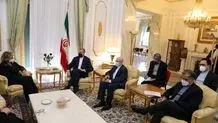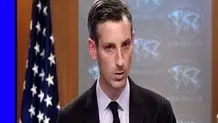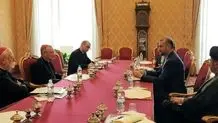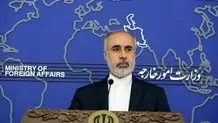E3 assumes the role of bad cop
While the United States seems to be keen to continue indirect talks with Iran, some European officials have moved to declare the end of negotiations.
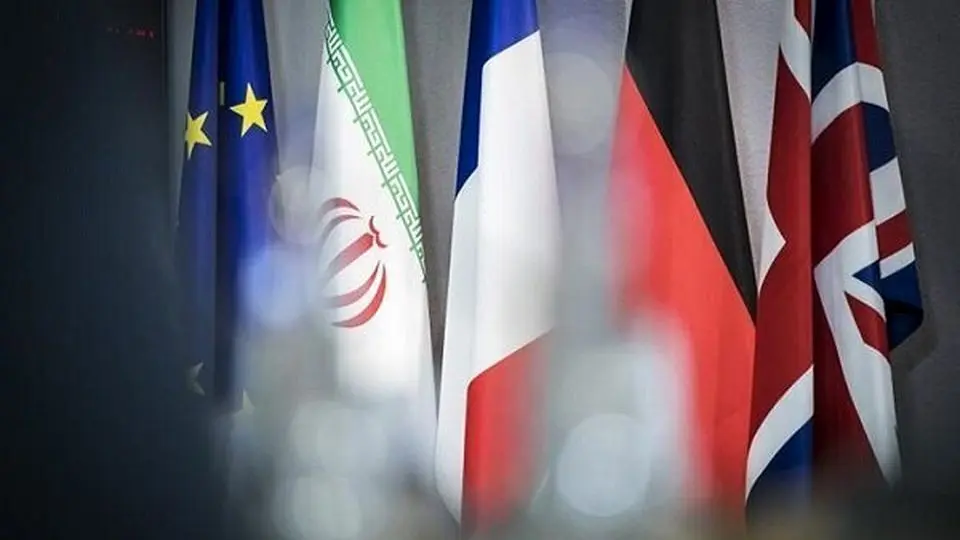
MEHR: While the United States seems to be keen to continue indirect talks with Iran, some European officials have moved to declare the end of negotiations.
Over the last few days, some European officials have moved in the opposite direction and announced the end of negotiations with Iran at a time when Iran and the United States both appear to be willing to move ahead with the talks until reaching a good and strong deal.
A senior European Union official has told Reuters that negotiations to revive the 2015 Iran nuclear deal, formally called the Joint Comprehensive Plan of Action (JCPOA), have come to an end and that it is unclear if they would lead to a deal.
“We are very, very advanced in the negotiations. We have had a round of so-called proximity talks in Doha; they produced no results and the reason is very clear because we have negotiated everything that was on the table,” the official claimed.
“We can be more precise on some details that are still pending, we are waiting for some ideas from Tehran and what the Americans have to say...I don't know (if it is) the end of the process, but the end of the negotiation, yes,” the official added.
Neither the EU nor the E3 has officially announced the end of negotiations. But it seems that the Europeans are signaling their desire for engaging in a new blame game. Last week, the new French foreign minister, Catherine Colonna, claimed that there were only a few weeks to revive the nuclear deal. “There is still a window of opportunity ... for Iran to finally decide to accept an accord which it worked to build, but time is passing,” she said. “The window of opportunity will close in a few weeks. There will not be a better accord to the one which is on the table.”
Iran and the U.S. have recently held another round of talks in Doha after which the U.S. and its European allies accused Iran of not showing enough seriousness. On the other hand, Iran said it presented innovative initiatives to push the talks forward but the U.S. failed to step up to the plate and make the political decisions required to conclude the talks.
Instead of nudging the U.S. into changing course, the Europeans seem to have designated themselves as the attorney for the United States. European diplomatic sources in Paris told the Asharq Al Awsat newspaper that they presented their final proposal to Iran which they described as a “valuable gift.”
The sources told the newspaper that the Westerners accepted, in accordance with Tehran's desire, to abandon the demand to link the nuclear negotiations with two other files, namely Iran's missile ballistic capabilities and its influence in the region. The sources alleged that Iran has refused the Europeans’ proposals.
They went further to say that Iran’s position is harming U.S. President Joe Biden and undermining him politically. The Iranian position, the sources claimed, makes Biden “unable to make further concessions, something that does not serve Iran’s interests.”
This is while Iran has made it clear that it wants a strong and lasting deal that is not affected by the coming and going of U.S. presidents. Iranian Foreign Minister Hossein Amir Abdollahian said on Friday that Iran will continue to pursue such a deal.
“The Islamic Republic of Iran will robustly and logically continue its path of achieving sustainable economic development and trying to remove sanctions with dignity. We will never back down from the inalienable rights of the great Iranian nation,” he said on Twitter. “Our goal is to reach a good, strong, and lasting deal. Undoubtedly, the White House and Zionism’s puppeteering in the region will make us more determined.”

